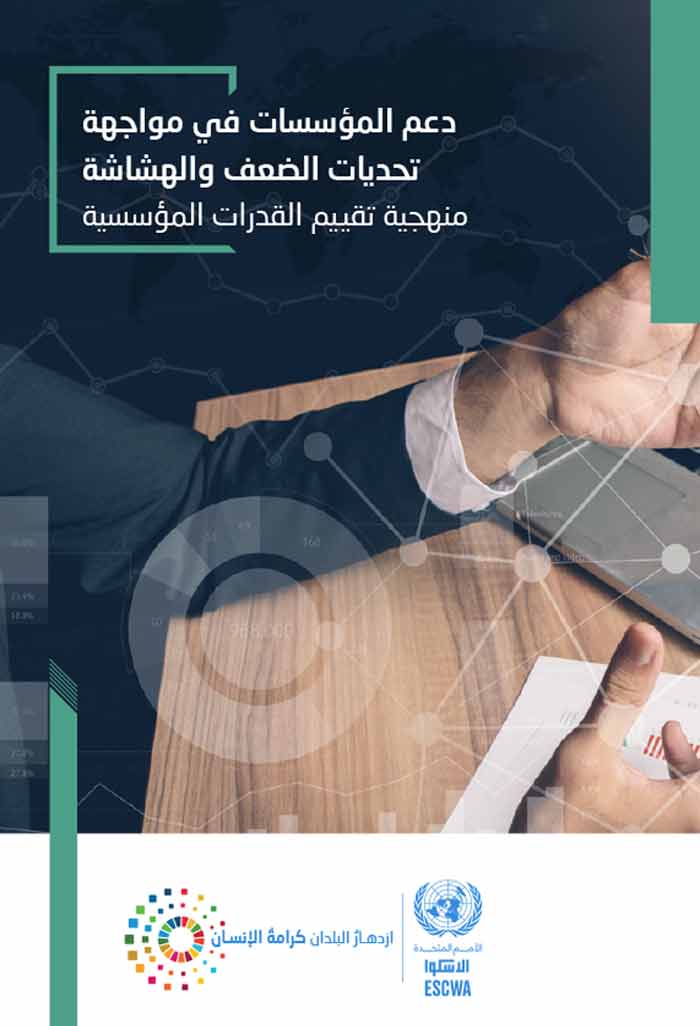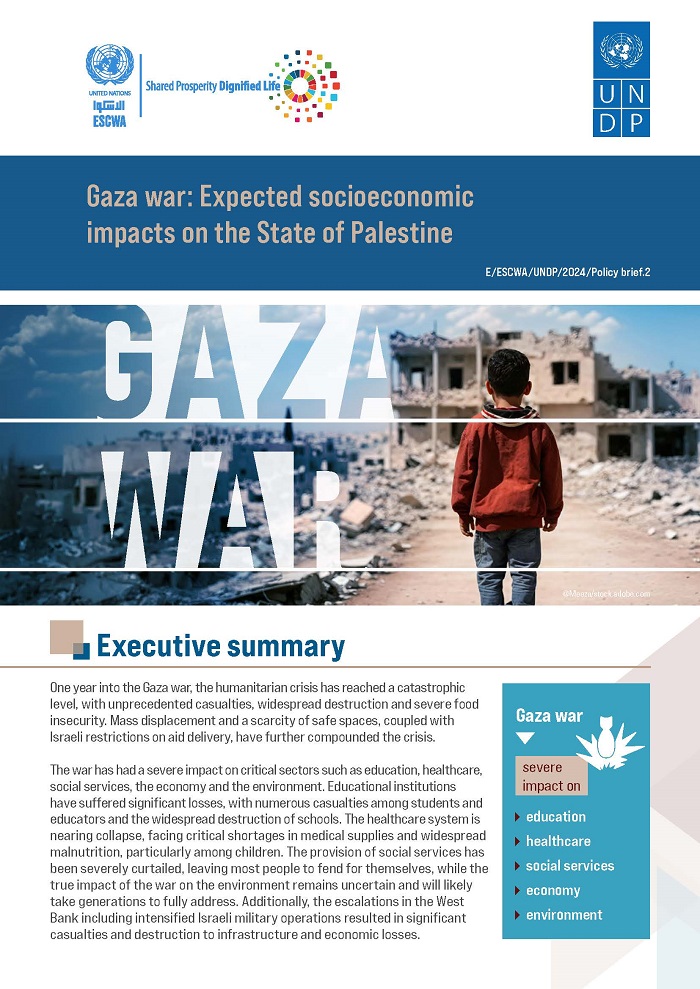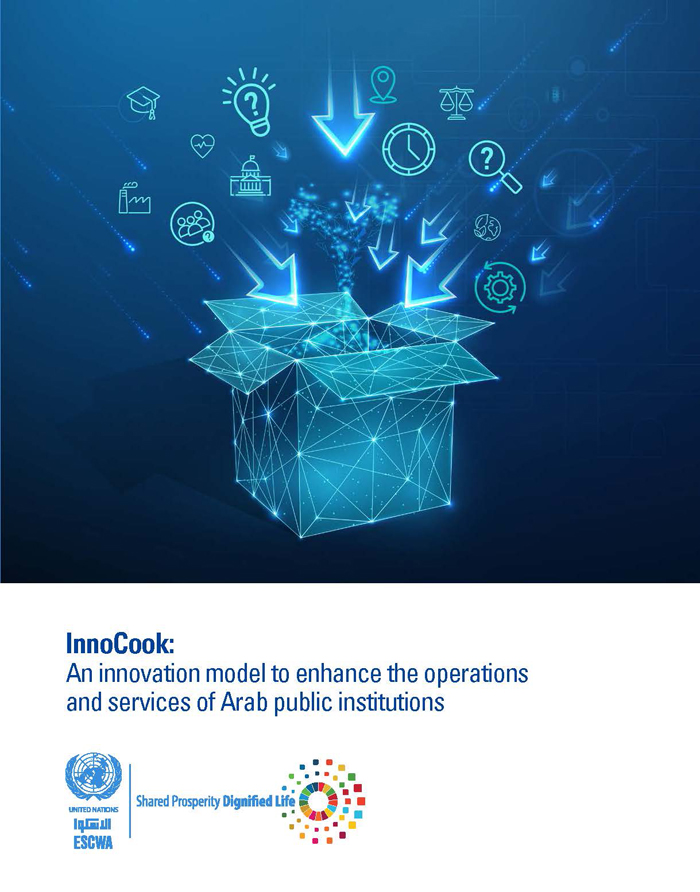
ESCWA Publication: E/ESCWA/ECRI/2019/INF.1
Country: Arab region
Publication Type: Information material
Cluster: Governance and Conflict Prevention
Focus Area: Governance & enabling environment
Initiatives: Governance and institution building
SDGs: Agenda 2030
Keywords: Conflict, Governance, Development, Institution building
Supporting institutions in tackling weakness and fragilities: methodology for institutional capacity assessment
February 2021
Given the central role played by public institutions in all stages of the national development process, and in line with the targets of Goal 16 of the 2030 Agenda for Sustainable Development aimed at establishing effective and responsible institutions at all levels, the Economic and Social Commission for Western Asia (ESCWA) attributes great importance to institutional reform to assist member States’ Governments in building public institutions’ capacity and their financial and human resources, and in strengthening the professional competencies of leaders and employees in the public sector and the civil service.
In that context, ESCWA developed a methodology for institutional capacity assessment consistent with the administrative, developmental, cultural and political circumstances in Arab countries, especially those suffering from ‘fragile environments’* resulting from conflict and various forms of violence. The aim is to support government institutions by developing mechanisms and methods that are effective and can be applied by officials as part of support, development and training programmes in line with circumstantial priorities and goals for each phase, and in accordance with the specificities and scope of their work and available resources.
Related content
Governance & enabling environment
,
Given the central role played by public institutions in all stages of the national development process, and in line with the targets of Goal 16 of the 2030 Agenda for Sustainable Development aimed at establishing effective and responsible institutions at all levels, the Economic and Social Commission for Western Asia (ESCWA) attributes great importance to institutional reform to assist member States’ Governments in building public institutions’ capacity and their financial and human resources, and in strengthening the professional competencies of leaders and employees in the public sector and the civil service.
In that context, ESCWA developed a methodology for institutional capacity assessment consistent with the administrative, developmental, cultural and political circumstances in Arab countries, especially those suffering from ‘fragile environments’* resulting from conflict and various forms of violence. The aim is to support government institutions by developing mechanisms and methods that are effective and can be applied by officials as part of support, development and training programmes in line with circumstantial priorities and goals for each phase, and in accordance with the specificities and scope of their work and available resources.



